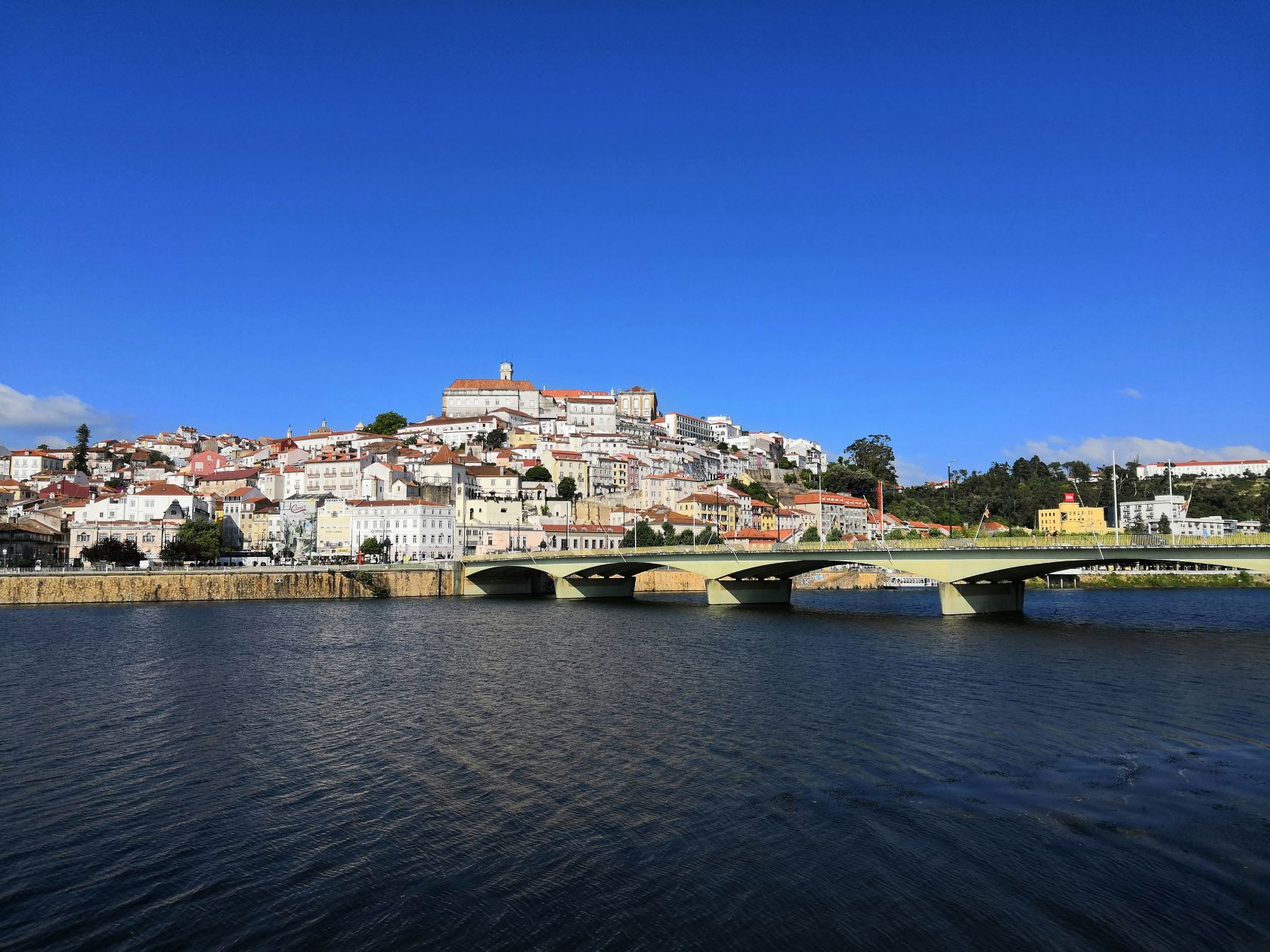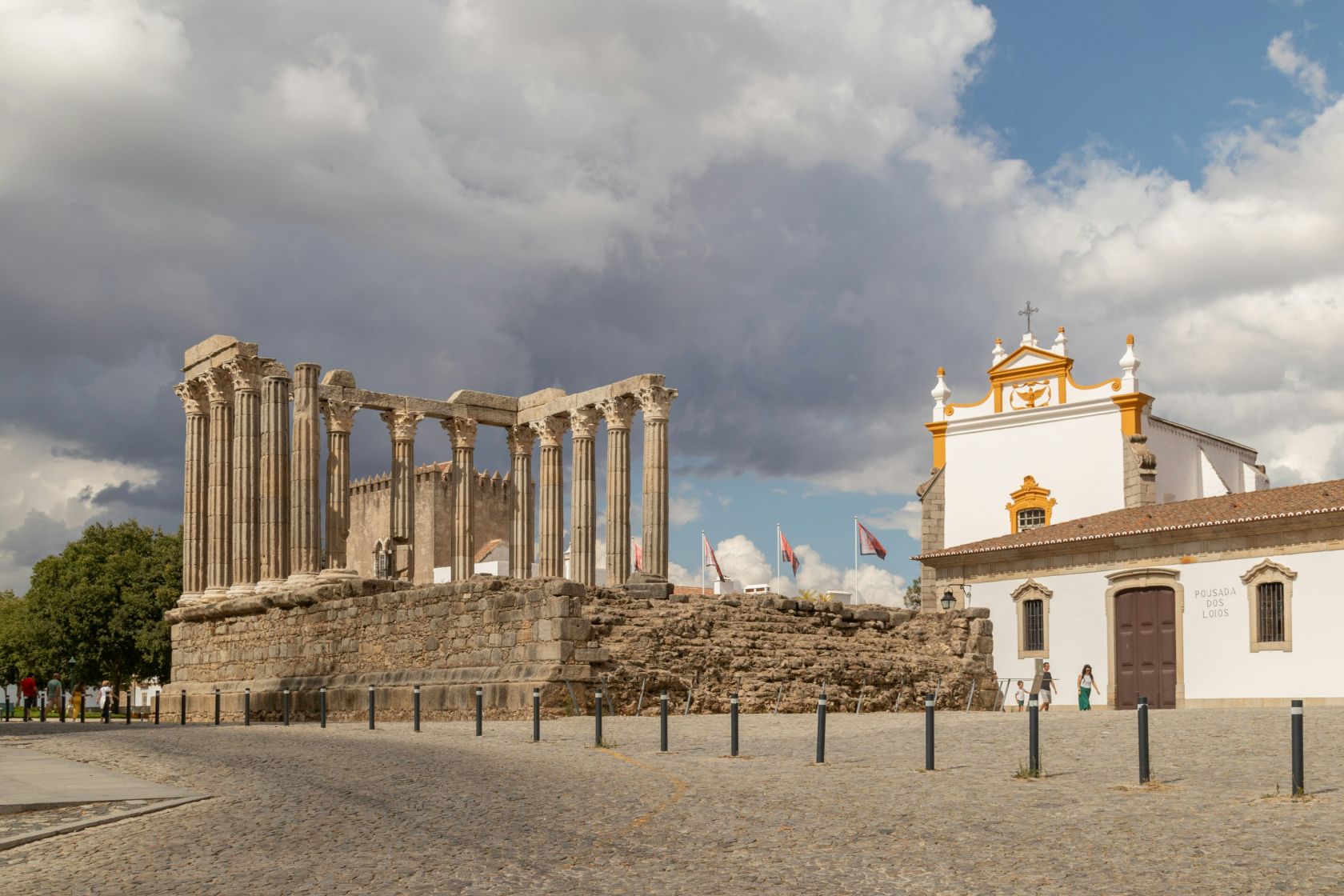In Portugal, like in many other countries, place names reflect the influences of various languages, peoples and historical events that have shaped them over centuries.
Understanding these place names can provide significant clues about the characteristics of the land, the people who've inhabited it and the language spoken.
In today's article, let's delve into the nature of Portuguese place names, their linguistic roots and what they might reveal about Portugal's rich heritage.
Some historical context of Portuguese place names
Portugal has a long and tumultuous history marked by the influences of various civilisations, including the Romans, Moors, Visigoths and Celts. Each of these cultures contributed to the vocabulary and meanings behind numerous place names. The transition from Latin to Portuguese as a spoken language further enriched this linguistic heritage.
As co-inhabitant of the Iberian Peninsula, Portugal naturally shares many geographical features with neighboring Spain, which has led to some overlapping place names. However, Portuguese place names tend to carry unique characteristics dictated by local dialects, historical events and even the natural geography of the land.
Etymological roots
Portuguese place names generally derive from several linguistic sources. Here are a few key ones:
Latin: As Portugal was once a part of the Roman Empire, many place names derive from Latin. For example, "Porto" comes from the Latin "Portus", meaning harbour. Such names often denote the geographical features or function of certain sites.
Arabic: During the Moorish occupation from the 8th to the 12th centuries, Arabic had a profound impact on the Portuguese language and subsequently on place names. For instance, "Albufeira" derives from "Al-Buhayra", meaning "the lagoon". Many place names beginning with "AL" have Moorish roots, indicative of the region's Islamic past.
Celtic: The Celts inhabited parts of what is now Portugal before the Roman conquest. Names like "Lisboa" may have Celtic origins linked to the term “Allis Ubbo”, which refers to a “Safe Harbor.”
Indigenous origins: Some place names are derived from ancient Iberian or other indigenous languages spoken well before the arrival of the Romans.
Examples of Portuguese place names
Many Portuguese place names illustrate the linguistic and cultural richness of the country:
1. Lisboa: The capital city’s name is a source of debate among etymologists. It might originate from the Phoenician “Allis Ubbo” (the safe harbor) or the Arabic “Al-Ushbuna”. Today, Lisboa is, of course, a vibrant metropolis well known for its culture, historic architecture and prominent coastal position.
2. Coimbra: This ancient city was once the capital of Portugal and has a name deriving from the Latin term "Conimbriga", which refers to a Roman settlement. Visiting Coimbra today reveals a city that's celebrated for its historical university, one of the oldest in Europe.

3. Braga: Known for its rich religious history, Braga’s name likely derives from the Celtic “Bracara” and later from the Latin “Bracara Augusta,” named after Emperor Augustus. Today, the city epitomises a fusion of ancient and modern Portugal.
4. Algarve: This region’s name stems from the Arabic “Al-Gharb,” meaning "the west." It reflects the region's historical ties to Moorish rule and its geographical position on the southwestern tip of Europe.
5. Sintra: This picturesque town is believed to derive from the Latin "Cynthia", associated with the moon goddess. Modern Sintra is well known for its romantic architecture and beautiful landscapes.
6. Évora: A UNESCO World Heritage site bears a name used during Roman times. However, “Ebora” was the ancient Celtic name for the city, derived from the Celtic word for yew trees, "eburos". "Ebora" can also be a surname with roots in the Iberian Peninsula, possibly related to the Latin word "eboreus" meaning "of ivory”.
7. Óbidos: derives its name from the Latin “oppidum”, meaning “walled city.” This beautiful village dates back to Portugal's Celtic period and was only later taken over by the Romans in the 1st century AD.
The Significance of Place Names
As we can already appreciate, understanding some of the meanings behind Portuguese place names can reveal much about the culture and history of Portuguese regions. These names often commemorate important historical events, depict natural features or reflect the lives of the people who once lived there. For instance, areas named after rivers, mountains, or flora indicate the importance of these elements to the culture and economy of the region.
Moreover, place names can reveal the migration patterns and influences of various cultures. As we touched upon earlier, regions with a high concentration of Arabic names, such as Aljezur, relate to Moorish influences. Aljezur is a name derived from the Arabic words “Al Jazira”, meaning "the island". You may be thinking that Aljezur isn't located on an actual island, but it was historically referred to as such due to its location being surrounded by rivers.

Cultural reflections in place names
In addition to geographical and historical significance, Portuguese place names often reflect cultural elements and idiosyncrasies. Many towns and villages have names that derive from local legends, saints or historical figures:
Fátima: Famous for its Marian shrine. Fátima’s name references the Muslim woman, Fatima, daughter of the Prophet Muhammad. The town still holds religious significance, attracting millions of Catholic pilgrims each year.
Serra da Estrela: The name translates to the "Star Mountain" and refers to Portugal’s highest mountain range. Its name indicates both its geographical prominence and serves as a symbol of national pride.
Sagres: A name that has roots in the Latin word "sacrum," meaning "holy" or "sacred." It reflects the historical significance of the area, particularly Sagres Point, as a site of religious rituals and perceived sacredness by ancient civilisations like the Phoenicians, Greeks, Carthaginians and Romans. They believed it to be a gathering place for their gods and it was also associated as the burial place of Saint Vincent.
What I've learned
In summary, Portuguese place names are more than mere labels; they are living reflections of the country's complex history, diversity of influence and geographical characteristics.
From Latin-derived names indicating Roman pasts to the Moorish-influenced names that showcase the Islamic heritage, each toponym tells an interesting tale.
As we've already mooted, place names very often embody the identity of the people, the various cultures that have been and gone and even the land itself. By exploring the meanings and history embedded in Portuguese place names, we might gain a deeper understanding of a nation that has played a critical role in European and global history.
As Portugal continues to evolve, its place names act as a tangible link between the past and the present, reminding us of the rich mosaic that constitutes Portuguese cultural identity.















